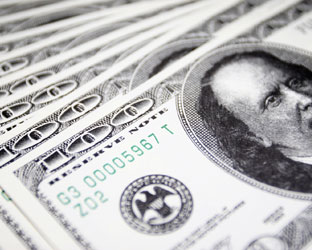 In decades past, social change moved at the speed of leafleting, justice was often something that occurred by chance, and debate was confined to town halls and public spaces. Not anymore. With the advent of social media, what happens in one instant can become a national wildfire the next.
In decades past, social change moved at the speed of leafleting, justice was often something that occurred by chance, and debate was confined to town halls and public spaces. Not anymore. With the advent of social media, what happens in one instant can become a national wildfire the next.
Anyone who might still doubt this need only look at the unfolding events in Ferguson, MO where an unarmed teenager named Michael Brown was fatally shot by a police officer. All it took to turn this story into a front-burner issue was a smartphone and a hashtag.
“Because of social media, the police don’t have control of this story,” said David Karpf, assistant professor of Media and Public Affairs at George Washington University.
“It’s opened everything up, changed how the media decides what’s worthy of coverage — and who to trust,” Karpf said.
Ferguson has been mentioned in over 6 million tweets since Saturday, when Brown was shot, according to Alexandra Valasek, spokeswoman for Twitter, in an e-mail.
Several hashtags have emerged during the protests that have taken place since the shooting. #IfTheyGunnedMeDown confronts the portrayal of young minorities by media outlets. #Dontshoot raises concerns about excessive police force while demonstrating peaceful protest. And #NMOS14, calls for a national moment of silence Thursday evening for victims of police force.
What’s happening in Ferguson is “eerily familiar” to protests in Egypt, Turkey and Ukraine, said Zeynep Tufekci, assistant professor at the University of North Carolina, who teaches about the social impacts of technology.




